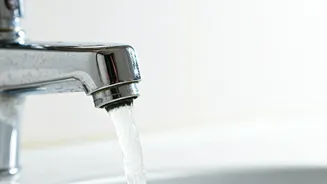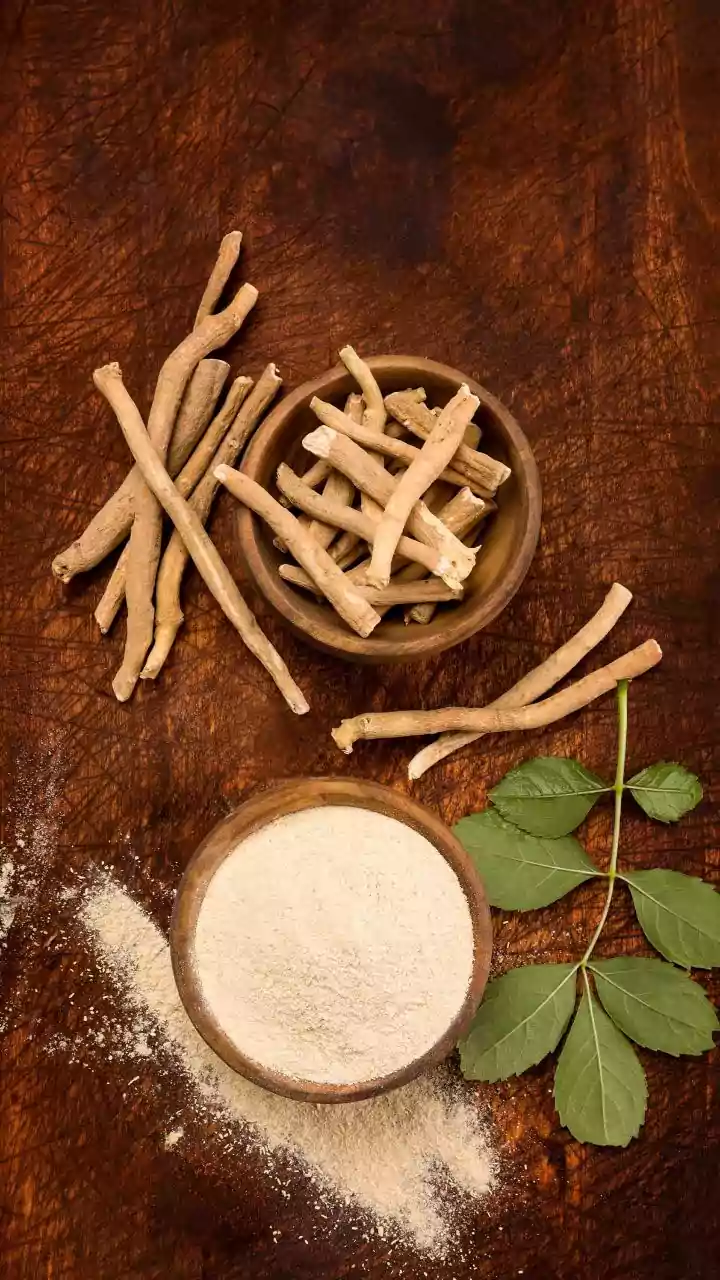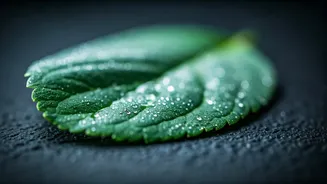Water's Skin Impact
The common practice of using tap water to wash your face might seem harmless, yet it can pose hidden threats to skin health over time. Tap water contains
various impurities and hard minerals that may not be immediately visible. These contaminants, along with chemicals like chlorine used for disinfection, can disrupt the skin's natural balance. When you repeatedly expose your face to these elements, the skin's protective barrier can weaken, making it vulnerable to dryness, irritation, and accelerated aging. Different skin types also react differently, highlighting the need for tailored skincare routines. Understanding these factors helps to assess how tap water could cause harm to the skin and how to mitigate its effects, enhancing your skincare routine.
Impurities and Chemicals
Tap water is rarely pure; it often carries a mix of impurities and chemicals that can affect the skin. These include chlorine, added for disinfection, which can strip away natural oils and lead to dryness and irritation. Furthermore, hard minerals such as calcium and magnesium, common in hard water, can leave a residue on the skin. This residue might clog pores and exacerbate acne. Over time, the build-up of these substances can contribute to skin inflammation and compromise the skin's protective barrier. Therefore, it becomes essential to consider the quality of the water used in your skincare routine and the potential harm from its ingredients, such as chlorine, hard minerals, and other pollutants, to maintain healthy skin. Considering the composition of your tap water is crucial for a proactive approach to skincare.
Impact on Skin
The effects of tap water on the skin extend beyond mere dryness. Regular exposure to impure water can disrupt the delicate balance of the skin's microbiome, which is crucial for overall skin health. The microbiome is home to beneficial bacteria that help protect the skin from harmful pathogens. Harsh chemicals and minerals in tap water can kill these good bacteria, weakening the skin's natural defenses. Moreover, this can lead to conditions like eczema or exacerbate existing skin issues. Over time, the cumulative impact of these factors can result in premature aging, as the skin struggles to repair itself from the constant assault of damaging elements. Being mindful of these effects will encourage the adoption of alternative cleansing methods that can protect the skin.
Understanding Skin Types
Different skin types react differently to the elements in tap water. For instance, individuals with dry or sensitive skin might experience immediate effects like tightness, redness, and flaking. This is because these skin types have a weaker protective barrier, making them more susceptible to irritation. On the other hand, those with oily skin might find that hard water makes their skin feel clean, but it can also lead to increased oil production to compensate for the dryness caused by the water. Normal skin types might also be affected over time, as the cumulative impact of harsh elements can eventually lead to dryness, sensitivity, or premature aging. Recognizing your skin type is the first step towards choosing the right skincare products and methods to minimize the negative impact of tap water.
Alternatives to Tap
There are several alternatives to tap water that you can use to wash your face. Using filtered water can significantly reduce exposure to chlorine, hard minerals, and other impurities. Installing a water filter on your showerhead is another simple method. Another viable option is using a gentle cleanser followed by a hydrating toner, which helps restore the skin's natural pH and moisture balance. Consider washing your face with micellar water, a gentle cleanser that removes impurities without stripping the skin of its natural oils. Experimenting with different cleansing methods allows individuals to identify the one that best suits their skin type and needs. These adjustments not only reduce the risk of irritation and damage but also provide a pathway to healthier, more radiant skin.





















